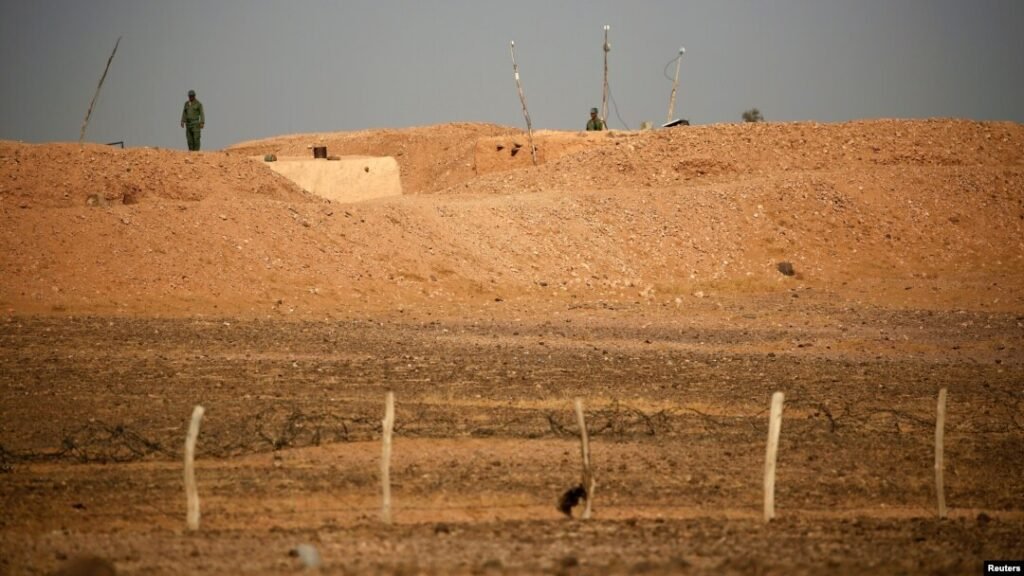Morocco, May 3, 2025
The Committee to Protect Journalists (CPJ) called on Moroccan officials to stop trying to silence independent journalism in the disputed region of Western Sahara after two Italian freelance journalists were deported.
CPJ Regional Director Sara Qudah said the deportation shows Morocco’s “media blockade” in Western Sahara. She stressed that the authorities must allow independent reporting in a region where transparency is already very limited.
Italian journalist Matteo Garavoglia and photographer Giovanni Colmoni were arrested by Moroccan security forces on April 27 when they tried to enter the capital city of Laayoune. They were then expelled from Morocco. Moroccan officials said the journalists were acting provocatively because they didn’t have official permission and had previously tried to enter the region by air.
Western Sahara is a sparsely populated, resource-rich area in northwest Africa.
It was formerly a Spanish colony but was occupied by Morocco in 1975, resulting in a border dispute with the native Sahrawi people. The war ended in 1991 under United Nations mediation, but the promised referendum on independence never materialized. Morocco has control of the west of the area, and the Polisario Front, which is an independence movement for the Sahrawi, holds control of the east, divided from the west by a mine-filled buffer zone with fortifications. Reporters require authorization to cover the area. Freedom of assembly and speech is limited in both Western Sahara and Morocco.
Most international journalists are compelled to flee, and several local journalists, activists, and protest organizers are imprisoned for denouncing the government. Tactics such as distorted trials, inefficient legal proceedings, and extended prison sentences are adopted by the government to silence the news. Human rights in Western Sahara and Morocco remain under concern too. According to a report launched by Amnesty International in 2024, faults such as inequality based on gender, criminalizing women-to-women sexual contacts, restricted sexuality and reproductive rights for women and girls, and grim treatment for refugees and asylum seekers were observed.

More Stories
Undermines Credibility: Israel Slams UNHRC for Giving Floor to Iran”IranUndermines Credibility: Israel Slams UNHRC for Giving Floor to Iran”
Macron’s Criticism of Israel’s Gaza Siege know the full story.
Tragedy in the Mediterranean: Two Children and One Adult Perish in Crossing from Libya to Italy